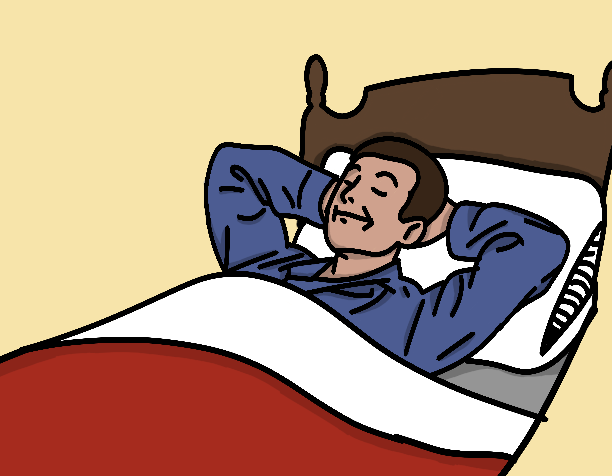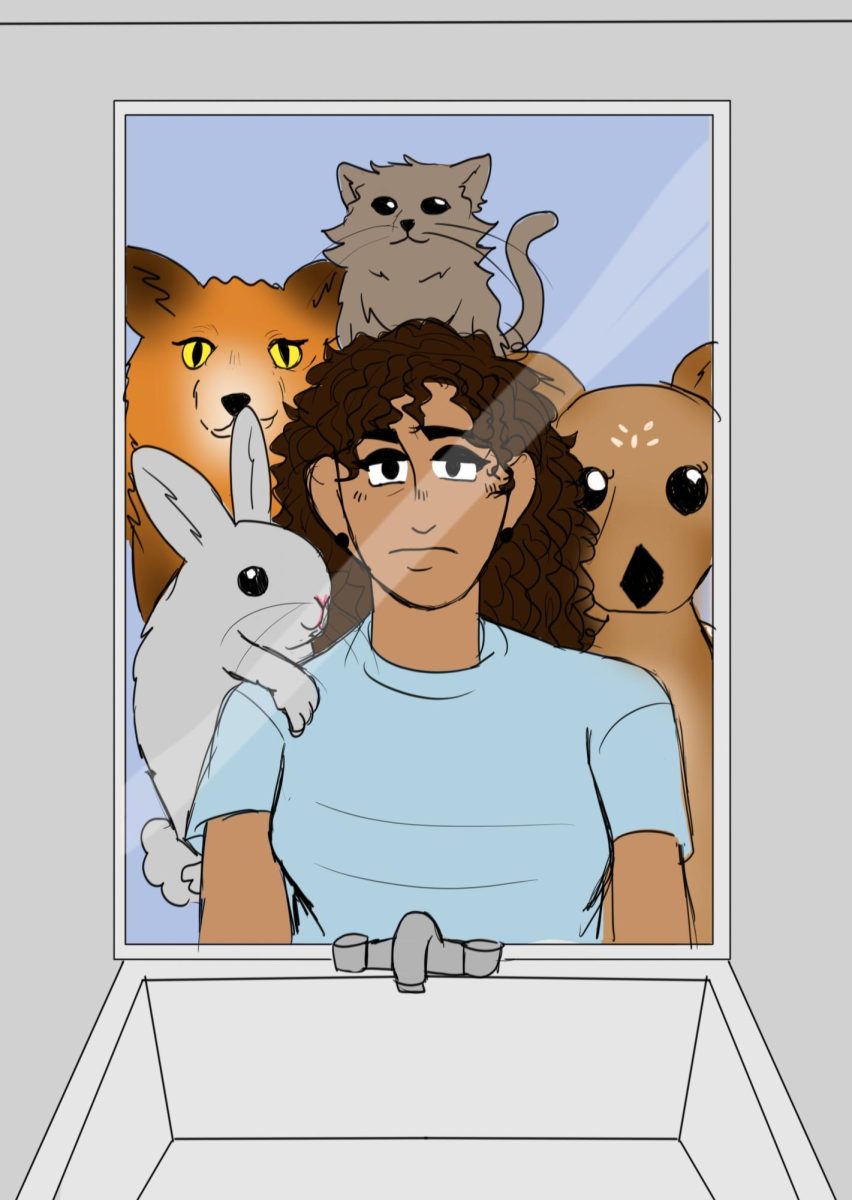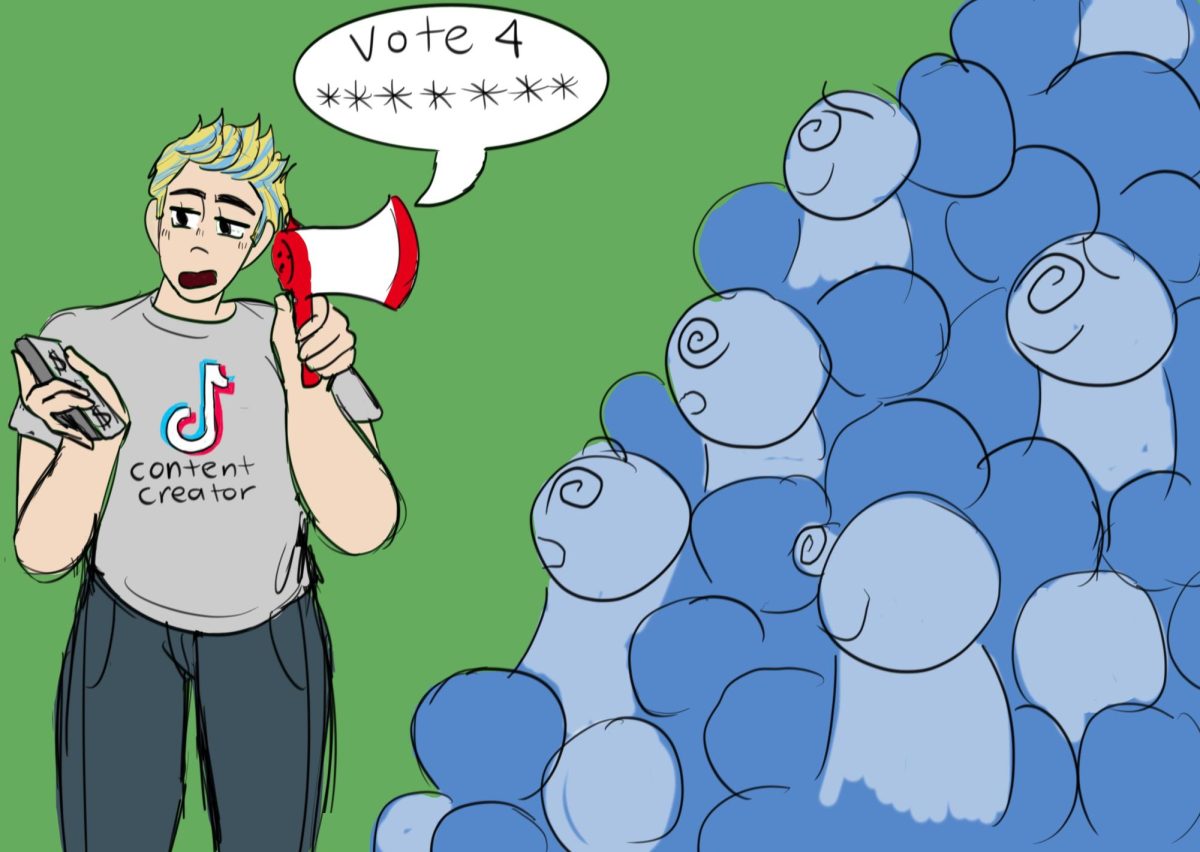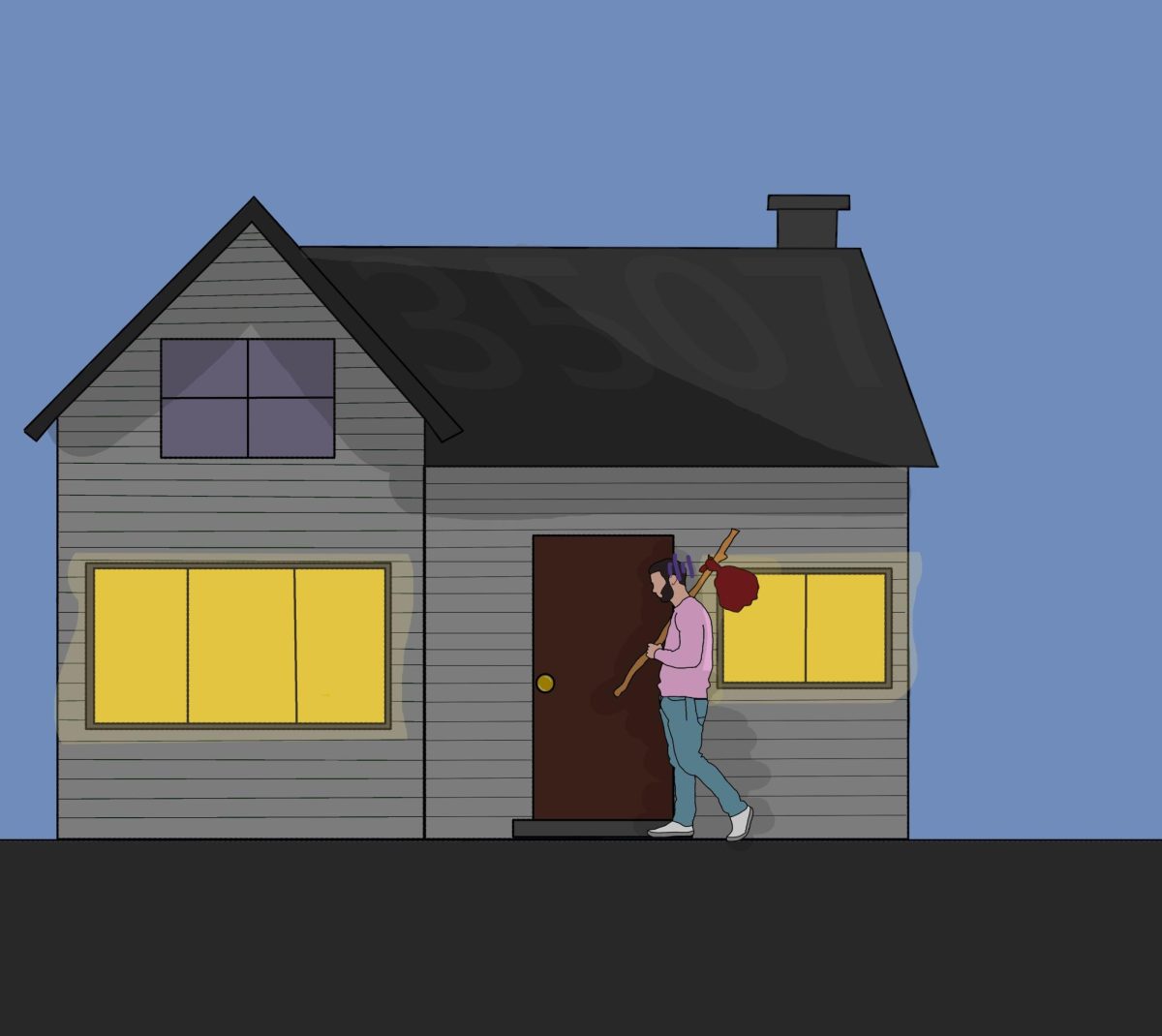In the environment of an over productive and toxic work culture, many tend to feel burnt out and stressed as a result. A prominent solution to this has been shown in the form of self-care. However, a more recent phenomenon of self-form is called “bed-rotting”, the act of staying in bed for prolonged periods of time while doing menial activities such as using social media, watching television or sleeping.
The act of bed-rotting allows time to pass without the immense feelings of guilt and judgment. It is a new practice that is the natural result of having a negative work-to-life balance, and one that is often pushed by general society.
On the other hand, toxic productivity is a popularized trend in the work field that discusses an over-obsession with staying productive in one’s work. TimeDoctor, a platform about health, explains the idea that, “the notion that a busy person is highly productive – a human capital attribute that’s considered a must to thrive in the modern job market.” The preference for a shift in the working industry can cause many harms, noticeably within burnout.
However, with individuals reclaiming themselves and making up for the time lost to work culture and late stage capitalism, there comes some serious harms. There are harms to one’s sleep hygiene and the quality of sleep they get throughout the night. The article “What Is ‘Bed Rotting’? Gen Z’s Newest Self-Care Trend, Explained,” written by Alyssa Hui states that, “when people lounge in bed, their brains may associate their bed with things other than sleep, leading to sleep disruption.” Research explains how the bed should only be associated with intimacy and sleep—or else, it affects sleep patterns. When associated with other activities, the bed can have a decreased correlation with sleep.
A poor sleep schedule can lead to worsening insomnia, and therefore affect daytime activities and a person’s mental health. Moreover, insomnia can decrease workplace productivity and in turn, create more harm than good for both individuals and their workplace. Bed-rotting can oftentimes be associated with things like depression and linked to increased mental illnesses.
Hui further states that “people with these conditions tend to report low energy and mood, and a lack of interest in activities they usually enjoy.” These traits are associated with long-term usage of bed-rotting—possibly causing a cycle of depression as well. Insomnia and burn-out can have negative consequences regarding an individual’s mental health and may create depression-like symptoms.
According to Forbes, American businesses magazine, “about 21 million adults in the U.S. (8.4%) have experienced a major depressive episode.” This uptake in depression and depressive episodes can show a direct correlation with the increase of bed-rotting. The combination of an unhealthy sleep pattern, a toxic work life and depressive actions, can all lead to higher rates of depression in individuals. This is especially highlighted for teenagers who experience higher rates of depression. For students, the effects of bed-rotting can lead to unproductivity in schools, along with losing motivation to finish assignments.
However, there is a way to bed-rot in a way that reclaims life taken from modern society with balance between productive activities. While a lot of bed-rotting can be unintentional, there are various non harmful methods. Firstly, getting sunlight or being outdoors can be extremely beneficial by changing the circadian rhythm—the biological rhythm of a person’s mental and physical state.
Another way to bed-rot in a safe way is to decrease technology and social media usage. Reading, or creating art may be a beneficial way to reduce screen time. Journaling and writing could improve mental health as well as create a relaxing hobby.
Regardless, retrieving lost time from an over productive workplace is the natural development of a society. However, individuals must learn to find beneficial hobbies or activities to pass time, rather than rotting in bed with technology.








